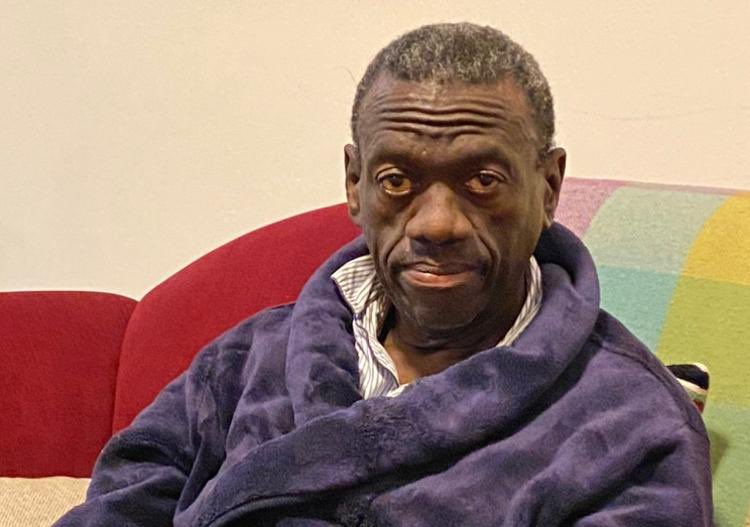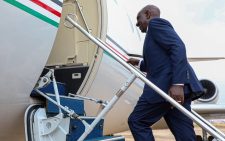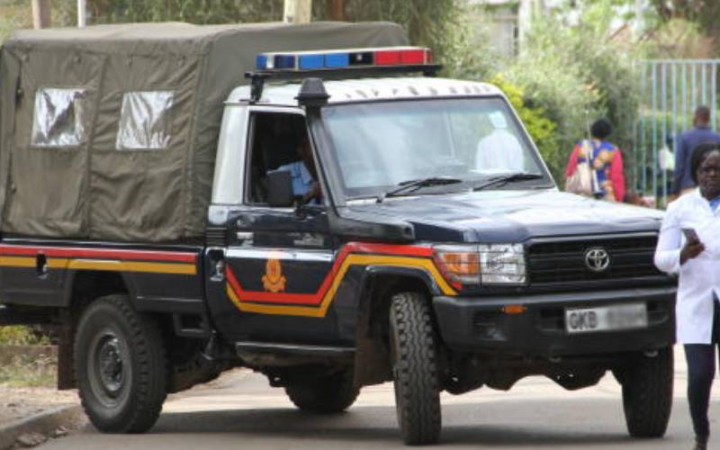Kenya must resist its neighbours’ authoritarian path

Kenya, a nation long regarded as a beacon of democracy in East Africa, is grappling with a troubling trend: the arrest and targeting of individuals perceived to be in opposition to the government.
Recent events, including raids and detentions of high-profile critics such as MP Peter Salasya, Trans Nzoia Governor George Natembeya, and the attempt on former Deputy President Rigathi Gachagua, have sparked widespread concern about the state of political tolerance and democratic principles in the country.
These actions, perceived by many as a deliberate crackdown on dissenting voices, raise critical questions about the health of Kenya’s democracy and the need for a renewed commitment to tolerance, dialogue, and respect for divergent views.
Kenya’s political landscape has historically been marked by cycles of tension, particularly during election periods or times of economic and social unrest.
The current wave of arrests comes in the wake of significant political and economic challenges, including public discontent over the cost of living, the controversial Finance Bill 2025, and unfulfilled promises by the Kenya Kwanza administration.
What happened on May 19 suggests that these arrests may be a strategic distraction from broader governance failures, pointing to a pattern of targeting critics to suppress dissent.
This trend is not new. Kenya has a history of using State machinery to silence dissent, a tactic that echoes the authoritarian Nyayo Era under President Daniel arap Moi.
The abductions and arbitrary arrests reported in recent years highlight a recurring strategy to intimidate and neutralise political opponents.
The targeting of opposition figures in Kenya must also be viewed within the broader East African context, where democratic backsliding has become a concerning trend. Martha Karua, a former presidential candidate, was expelled from Tanzania this week while attempting to attend the trial of opposition leader Tundu Lissu, who faces treason charges.
Karua described the region – Kenya, Tanzania, and Uganda – as experiencing a “total erosion of democratic principles”, with governments “neutering the opposition” ahead of elections.
The abduction of Ugandan opposition leader Kizza Besigye in Kenya in November 2024 further underscores this regional pattern of cross-border repression, where governments collaborate to suppress dissent.
These incidents suggest that Kenya’s challenges are part of a wider authoritarian drift in East Africa, where leaders seek to consolidate power by stifling opposition. This regional context amplifies the urgency for Kenya to resist following the path of its neighbours, such as Tanzania and Uganda, where opposition leaders face imprisonment or exile.
President William Ruto must avoid the temptation to emulate leaders like Tanzania’s Samia Suluhu or Uganda’s Yoweri Museveni, whose regimes have imprisoned critics, lest Kenya faces a similar backlash.
The arrests of opposition figures in Kenya underscore the urgent need for political tolerance. Tolerance, in this context, does not mean acquiescence to lawlessness but rather a commitment to allowing diverse voices to coexist within the democratic framework.
The writer is a Communication Consultant












